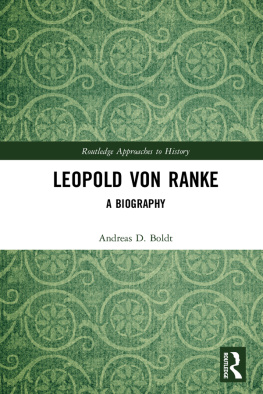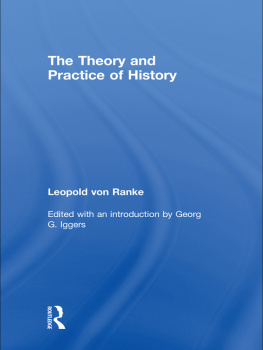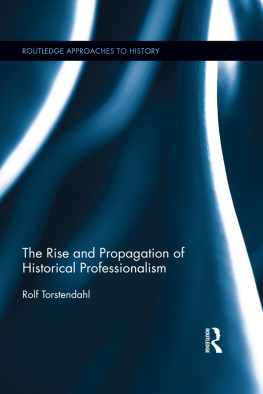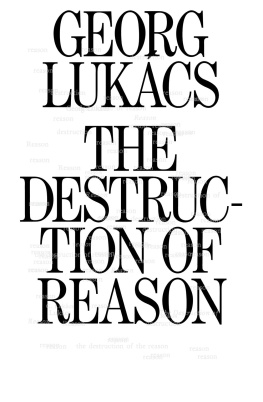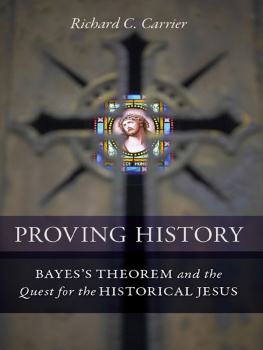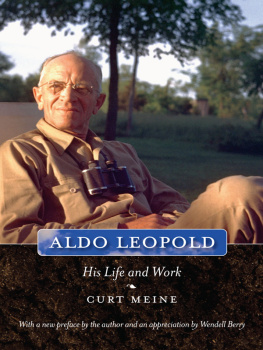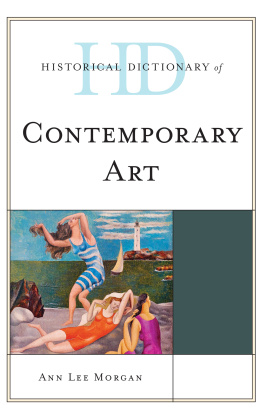Leopold von Ranke
Leopold von Ranke endeavoured to understand political order within its own historical context. To understand the nature of historical phenomena, such as an institution or an idea, one had to consider its historical development and the changes it underwent over a period of time. Historical epochs, Ranke argued, should not be judged according to predetermined contemporary values or ideas. Rather, they had to be understood on their own terms by empirically establishing history as things really were. Rankes influence on History as a modern discipline is thus evident, and this is the first volume in English to chart his life and works for a hundred years.
Andreas D. Boldt is at Maynooth University, Ireland.
Routledge Approaches to History
Values, Objectivity, and Explanation in Historiography
Tor Egil Frland
The Work of History
Constructivism and a Politics of the Past
Kalle Pihlainen
History and Sociology in France
From Scientific History to the Durkheimian School
Robert Leroux
Universal History and the Making of the Global
Edited by Hall Bjrnstad, Helge Jordheim and Anne Rgent-Susini
Cowrie Shells and Cowrie Money
A Global History
Bin Yang
A Personalist Philosophy of History
Bennett Gilbert
Historical Parallels, Commemoration and Icons
Edited by Andreas Leutzsch
Historians Without Borders
New Studies in Multidisciplinary History
Edited by Lawrence Abrams and Kaleb Knoblauch
Leopold von Ranke
A Biography
Andreas D. Boldt
For more information about this series, please visit: www.routledge.com/Routledge-Approaches-to-History/book-series/RSHISTHRY
Leopold von Ranke
A Biography
Andreas D. Boldt

First published 2019
by Routledge
2 Park Square, Milton Park, Abingdon, Oxon OX14 4RN
and by Routledge
52 Vanderbilt Avenue, New York, NY 10017
Routledge is an imprint of the Taylor & Francis Group, an informa business
2019 Andreas D. Boldt
The right of Andreas D. Boldt to be identified as author of this work has been asserted by him in accordance with sections 77 and 78 of the Copyright, Designs and Patents Act 1988.
All rights reserved. No part of this book may be reprinted or reproduced or utilised in any form or by any electronic, mechanical, or other means, now known or hereafter invented, including photocopying and recording, or in any information storage or retrieval system, without permission in writing from the publishers.
Trademark notice: Product or corporate names may be trademarks or registered trademarks, and are used only for identification and explanation without intent to infringe.
British Library Cataloguing-in-Publication Data
A catalogue record for this book is available from the British Library
Library of Congress Cataloging-in-Publication Data
Names: Boldt, Andreas Dieter, author.
Title: Leopold von Ranke / Andreas D. Boldt.
Description: Abingdon, Oxon ; New York, NY : Routledge, 2019. | Series: Routledge approaches to history ; 28 | Includes bibliographical references and index.
Identifiers: LCCN 2018056631 (print) | LCCN 2018059725 (ebook) | ISBN 9781351042734 (adobe) | ISBN 9781351042710 (mobi) | ISBN 9781351042727 (epub) | ISBN 9781138487574 (hardback) | ISBN 9781351042741 (ebook)
Subjects: LCSH: Ranke, Leopold von, 17951886. | Ranke, Leopold von, 17951886Influence. | HistoriansGermanyBiography. | HistoriographyGermanyHistory19th century. | HistoryPhilosophyHistory19th century.
Classification: LCC D15.R3 (ebook) | LCC D15.R3 B655 2019 (print) | DDC 907.2/02dc23
LC record available at https://lccn.loc.gov/2018056631
ISBN: 978-1-138-48757-4 (hbk)
ISBN: 978-1-351-04274-1 (ebk)
Typeset in Times New Roman
by Apex CoVantage, LLC
Contents
This book is the result of several published books and articles over the last twenty years. My research has shown that a biography on Ranke was needed not only to understand and follow Rankes own thoughts but also to provide a firm foundation for interested scholars and students alike who wish to study Ranke.
I would like to thank Dr Ingrid Hecht (Germany) for her help, advice and corrections, Dr Stefan Jordan (Historical Commission at the Bavarian Academy of Sciences, Germany) for his detailed comments, support and corrections and Frank Bigeschke (Germany) for his support and detailed knowledge of Ranke and his home town, Wiehe.
Sadly, while writing this book, a number of great people in my life have passed away, including two great Ranke scholars: Prof. Georg G. Iggers (19262017) and Prof. Hayden White (19282018); both will be sadly missed as historians and friends. However, 2018 also marked the loss of both my parents, Liesbeth (19492018) and Dieter Boldt (19482018), and a very close friend, Beate Bigeschke (19432018). My parents have always supported my academic career, and it was they who encouraged my interest in history. Mrs Bigeschke accommodated me when I researched the Ranke collections in Wiehe and, together with her son Frank, they became a foster family of sorts, for which I am hugely grateful. For these reasons, I dedicate this publication to the mentioned Ranke scholars, friends and family.
I would also like to extend my thanks to Mr Brian ONeill, who undertook the task of proofreading this manuscript.
Andreas D. Boldt
Independent Historian, Maynooth University, Ireland
November 2018
According to John Warren, Leopold von Ranke is a favourite with students answering examination questions on the methodology and nature of history. As Ranke had a near-revolutionary impact on historiography, it is easy to understand why. The standard answer to a question on Rankes contribution to historiography would run something like this:
Reacting against the system building and generalizations of the Enlightenment, Ranke claimed that one should study the past for its own sake and respect the uniqueness of each age. In the search for history as it actually happened, he not only came up with a new historical technique based on rigid objectivity but also single-handedly created the history profession complete with professors of repute, seminars and a stress on original documentary research as the mark of the real historian.
The student who remembers to evaluate as well as describe often points out that Ranke has been criticized for overstating the possibility of objectivity and that his own objectivity can be called into question, since he wrote from a conservative, pro-Prussian viewpoint. Warren added that some students may add that Ranke focused purely on the history of the elites and on diplomatic and political history, and so, although his emphasis on rigorous scholarship remains to this day, history has expanded into a much fuller and broader concern with the totality of human experience.
These introductory sentences although they are how students would describe him also reflect the common opinion of scholars worldwide. This brings us to the question of who Ranke was and what his actual contribution to historiography has been.
The German historian Leopold von Ranke (17951886) was one of the most influential historians of the nineteenth century, and probably no other historian has had an influence on the development of historical scholarship equal to his. He made important contributions to the emergence of modern history as a discipline, and he has been called the father of scientific history. Due to Ranke, methodical principles of archival research and source criticism became commonplace in academic institutions, and he is generally credited with the professionalization of the historians craft. Stefan Jordan pointed out that his name is a prominent one in all historiographical books and classes. Even if modern historians smile at Ranke in regard to his demands for objectivity, Jordan believed that in principle this approach is generally accepted.

